IT’S ALWAYS SUNNY IN PHILADELPHIA Season 12 Review
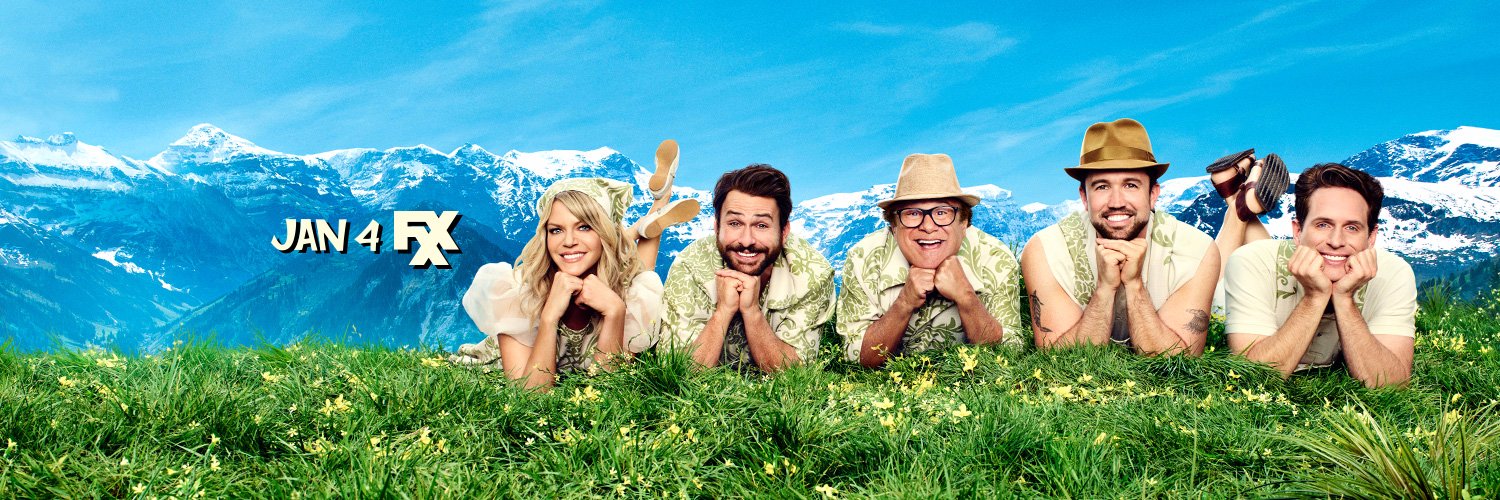
Jump-starting the 12th season of any TV show should be hard, and with IT’S ALWAYS SUNNY IN PHILADELPHIA, the task should have been nigh impossible. Following up its cancerously underwhelming 11th season, the deplorable quintet of Frank, Charlie, Dennis, Mac, and Dee were tasked with resuscitating the very horse that they had beaten to death a little over a year ago. And it was no easy feat.
Season 11, as we well know, suffered from a lazy slew of in-jokes, haphazard episodes, and failed to tell us anything more about the gang that we’ve come to know so well. Perhaps that was the season’s greatest pitfall: believing that an entire season could coast by without implying a new quirk in our characters. Over the course of the gang’s history: Mac was outed as a closeted gay man, Dennis a villainous sociopath, Charlie a victim of pedophilia, Frank a former patient in a psych ward and current owner of a malignant tumor, and Dee . . . well, a bird. It was a long road to establish these debauched absurdities, but it was also an essential part of the gang’s growth over their decade-long stint, which is arguably why season 11 felt so tepid. But with season 12, I can confidently say that the meager satire that’s pervaded the past 12 years has come to bloom, allowing for a season of content laced through the theme of our own obsessions with seeing others worse off than ourselves.
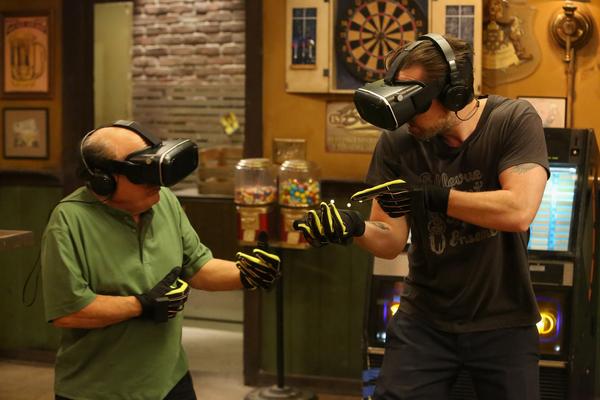
Throw me in the Oculus trash!
Coming into the 12th year of their Philly-based shenanigans, I was willing to give the Gang another chance; after all, they indicated moments of brilliance in last year’s episodes “Being Frank” and “Mac & Dennis Move To The Suburbs.” But to say that I was unprepared for the premiere episode of this season would be the understatement of the century. Taking cues from Lin-Manuel Miranda’s HAMILTON, Charlie Day opted to write a musical episode about race relations in modern America with “The Gang Turns Black,” an episode so ludicrous in construction yet so effortless in execution that it safely found its way into the annals of the IT’S ALWAYS SUNNY IN PHILADELPHIA canon. Following up the episode with “The Gang Goes To A Water Park” and “Old Lady House: A Situation Comedy,” it became clear that season 12 was taking a decidedly new route for the series. From now on, the pub was secondary and the Gang’s antics took them far and wide, expanding the universe through a series of adventures that would play out more like elaborate spec scripts than traditional episodes. And let me tell you, it was bliss.
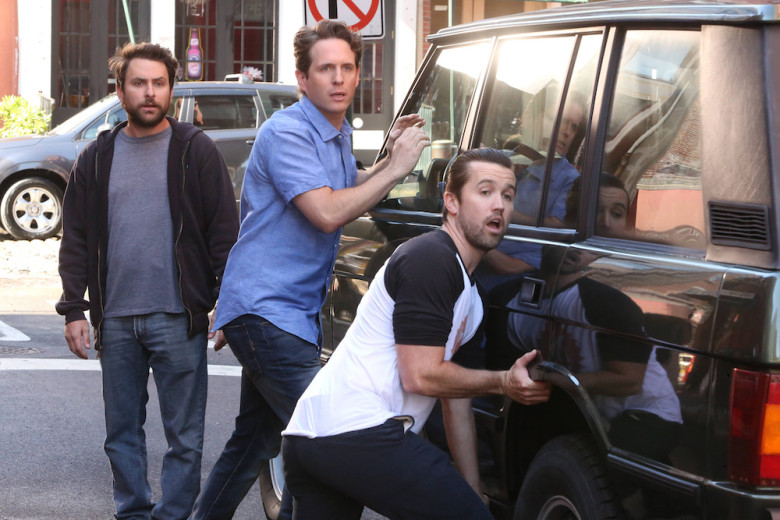
Pictured: Diversity!
Over the 10 weeks that season 12 aired, IT’S ALWAYS SUNNY IN PHILADELPHIA reinvigorated the spirit of a series that desperately needed a kick in the butt. Character dynamics drastically changed (wait for the season finale, it’s a doozy), and even the “no lessons learned” nature of the series has been cleverly subverted. Naysayers often criticized the show’s trivial inconsequentiality, but in season 12, this backwards-sitcom formatting began to satirically comment on far more human instincts. Frivolous irreverence for traditional televised home entertainment became a means of highlighting mankind’s fascination with the intangible. With “The Gang Turns Black,” it was white America’s blatant disregard for police brutality, and with “Old Lady House: A Situation Comedy,” our innate desire to witness violence, unrest, and conflict in reality television, doubly so when filtered through a comedic lens. In “Hero Or Hate Crime,” the final verdict of Frank’s usage of a homophobic slur is secondary to the Gang’s greed, and in “The Gang Goes To A Water Park,” Frank exploits the advantages of terminal illness in order to cut in line, something countless stand-up comics have previously observed as a possibility, but have obviously never done. The brilliance of these episodes is that the Gang not learning anything precisely became the point of more pressing social commentary, rather than simply acting as an anti-joke. Here IT’S ALWAYS SUNNY IN PHILADELPHIA finally stepped up to the plate and made the Gang more than caricatures, but portraits of the greater whole that makes up the deeply flawed United States.
And yet, it wasn’t all green pastures and butterflies with season 12. “Wolf Cola: A Public Relations Nightmare” and “Making Dennis a Murderer” come to mind as two episodes that feel out of place in the season’s thematic backbone. The latter of the two also suffered from not having the Gang on screen at the same time, causing the episode to feel like a lengthy inside joke for anyone that’s seen the Netflix show it’s parodying, but never actually being particularly funny in its own right. What’s more, it never comes to a conclusion that’s as profound as the season’s best episodes do. What really struck a chord with me over the last 10 weeks is the fact that my takeaway from each episode became just how obsessed we have become with self-gratification, and in turn self-validation. It’s extremely befitting of the current political climate in the United States, one where self-interest seems to rule over helping those in need, and one where our growing disassociation from reality (whether it be VR gaming in “PTS Dee” or the show’s clever decision to showcase the challenges other characters face outside of Paddy’s Pub in “A Cricket’s Tale”) is making it easier for us to find comfort in another man’s pain.
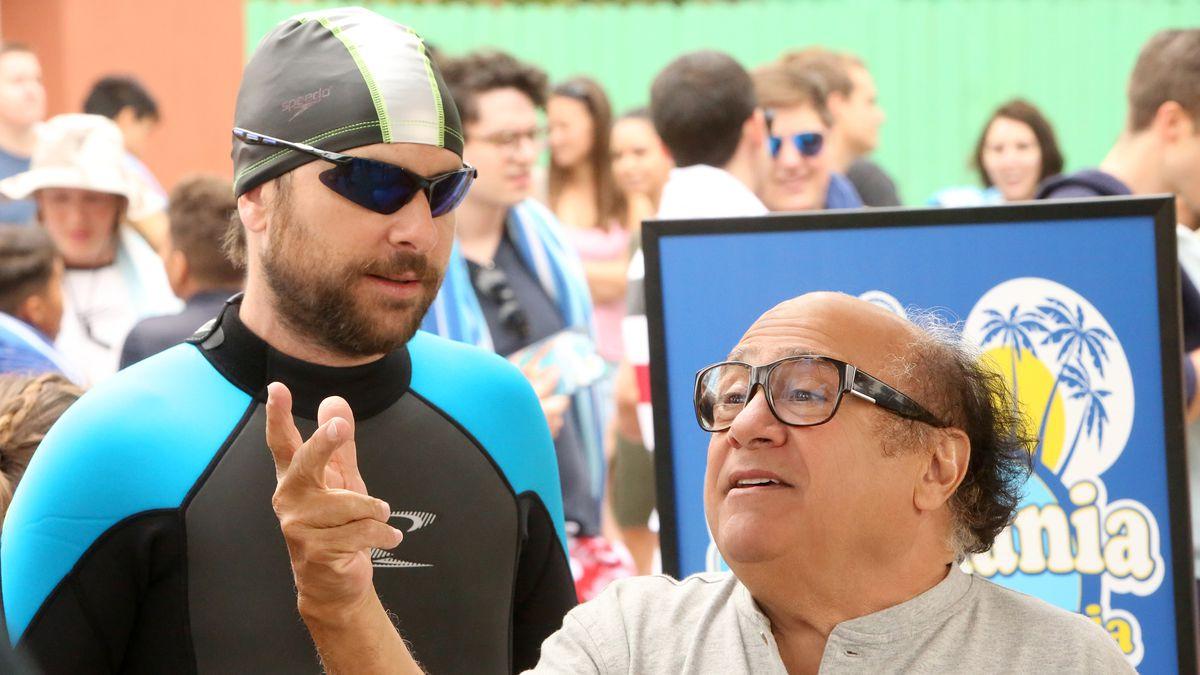
I can’t shake the feeling that DeVito has too much skin for his body
The joke is arguably on us. For over a decade we’ve been laughing at Charlie’s failure to win over the love of his life, Frank’s decision to drink himself to death, Dee’s failed acting career, Dennis’s unapologetic rape fantasies, and Mac’s homosexuality. As such, it’s only fitting that after all this time the tables have been turned on us. Season 12 of IT’S ALWAYS SUNNY IN PHILADELPHIA masquerades itself as an expansion of its own lore, and to a degree we get what we want. Dee finally gets her most depressing character trait, and Dennis has a newfound revelation in the final episode that cleverly ties into a kinship that he establishes at the water park in the season’s second episode.
What’s more important is the fact that the viewer has quite literally become the Gang over the course of 12 seasons. We no longer laugh at the pain that is directly caused to the people in Paddy’s pub, but rather join them in a quest to laugh at observations they make in the real world, heedless of whether it affects them or not. But what makes this so compelling is the fact that their dark, ethically bankrupt humor reflects directly on our very own complacency in the modern world. IT’S ALWAYS SUNNY IN PHILADELPHIA has transcended its situational comedy by literally airing an episode in which the Gang (read: we) create their own sitcom, allowing this newly accrued self-reflexivity to enter a realm of satire.
Verdict: Recommend

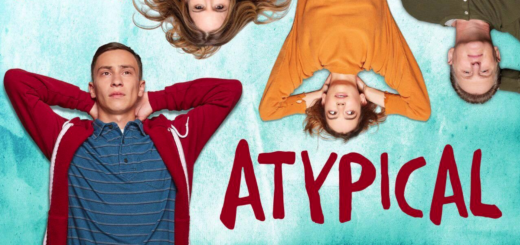

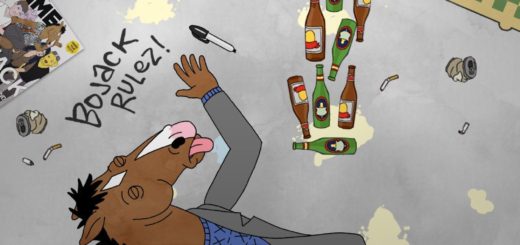
1 Response
[…] lasting effects of IT’S ALWAYS SUNNY IN PHILADELPHIA have been, and will continue to be, fascinating to watch play out. For an astounding 12 seasons, […]